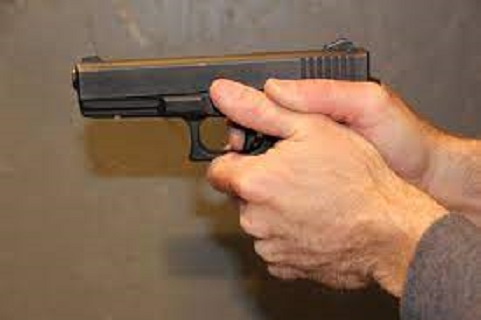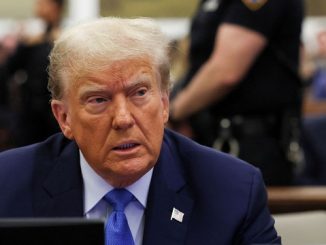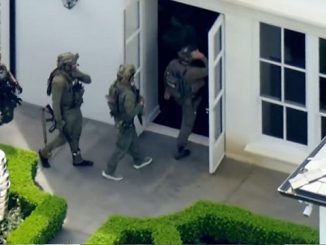
New York has passed emergency legislation to ban guns from many public places, following last month’s landmark Supreme Court ruling which struck down the state’s restrictions.
The rules also require gun buyers to prove they can use a gun and submit social media accounts for review.
Analysts say the new restrictions may end up in a fresh legal challenge.
The Supreme Court’s ruling, effectively expanding gun rights, is its most important on guns in over a decade.
There is fierce national debate over the issue – mainly between Republicans who are more in favour of gun ownership and Democrats who want stricter curbs.
The political divisions were deepened by high-profile shootings at a primary school in Uvalde, Texas, and a grocery store in Buffalo, New York, in May.
However, the violence prompted a rare bipartisan effort which resulted in the most significant US federal gun control bill in nearly 30 years.
It imposes tougher checks on young buyers and encourages states to remove guns from people considered a threat.
The New York law which comes into force on 1 September envisages:
- A ban on carrying firearms in “sensitive places”, including New York City’s Times Square – but also schools, universities, government buildings, public protest venues, healthcare facilities, places of worship, libraries, playgrounds, parks, bars, theatres, stadiums, museums, polling places and casinos
- People will not be allowed to take guns into any business or workplace unless owners put up signs saying guns are welcome
- Those applying for a licence will have to provide four character references, take firearms safety training and practice shooting, undergo periodic background checks and turn over contact information for their spouse, domestic partner or any other adults living in their household
- Applicants will have to turn over a list of social media accounts they have had in the past three years
“Sometimes, they’re telegraphing their intent to cause harm to others,” New York Governor Kathy Hochul, a Democrat, said at a news conference.
Source: bbc.co.uk






Be the first to comment